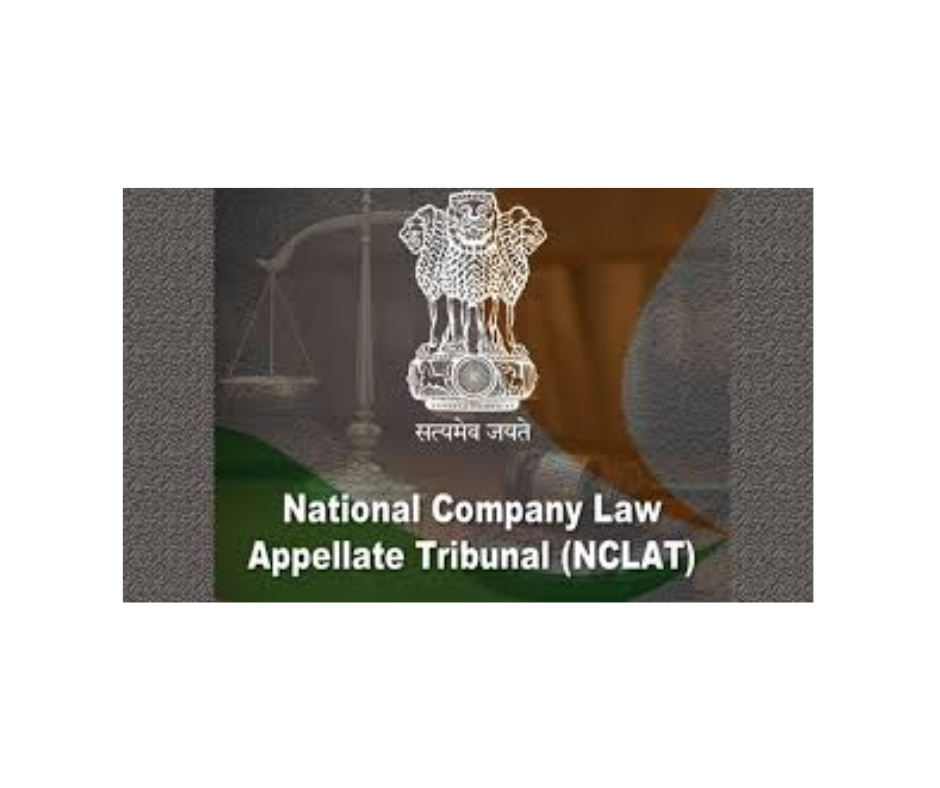Book keeping VS Accountancy?
User Intent Many business owners, students, and finance professionals often confuse bookkeeping and accountancy. They search for a detailed comparison to understand their differences, applications, benefits, and limitations. This article serves as a complete guide for those looking to differentiate and apply these financial concepts effectively. Book keeping VS Accountancy? Introduction In… Read More »








